Contemporary Theology: Towards a Definition of Theology Essay
VerifiedAdded on 2023/04/20
|5
|1142
|153
Essay
AI Summary
This essay provides a comprehensive exploration of theology, beginning with a basic definition as the study of God's nature in relation to the universe. It acknowledges the diverse interpretations across cultures and religions, highlighting the challenges in formulating a universally accepted definition. The essay traces the historical evolution of theological thought, from pre-Renaissance views to the rise of deism, the influence of philosophers like Hegel, and the emergence of liberalism. It discusses key figures and movements, such as Ritschl, Harnack, and Rauschenbusch, and their approaches to theology. The essay concludes by emphasizing the importance of respecting various interpretations and the ongoing quest to understand the meaning of God and the purpose of life on Earth. The essay uses Michelangelo's painting “Creation of Adam” as a backdrop to illustrate how God has been involved in the lives of mankind and its behaviors from the very beginning of time. The essay emphasizes the importance of balancing the immanent and transcendent qualities of God if we are going to articulate a meaningful theology.
1 out of 5
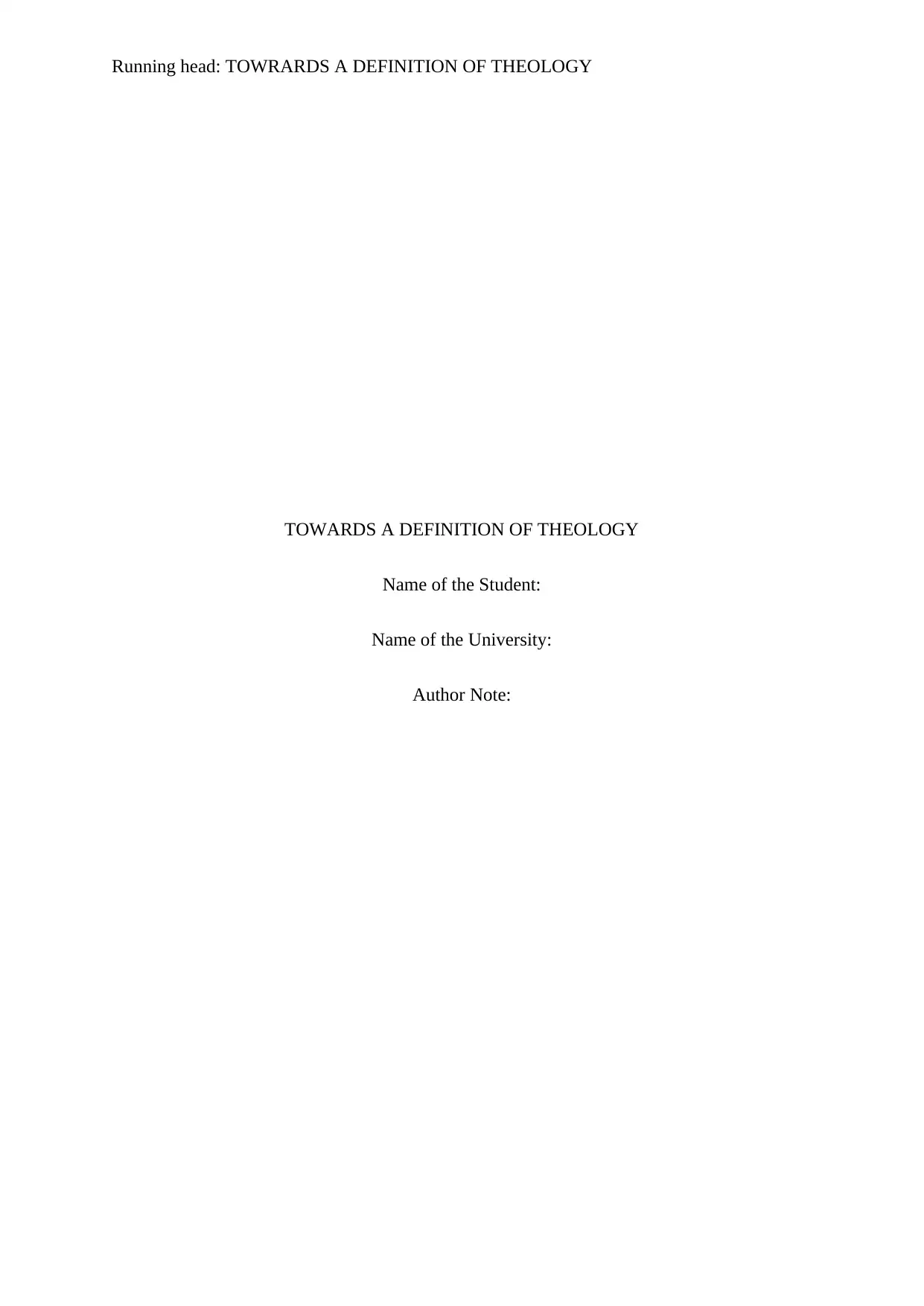
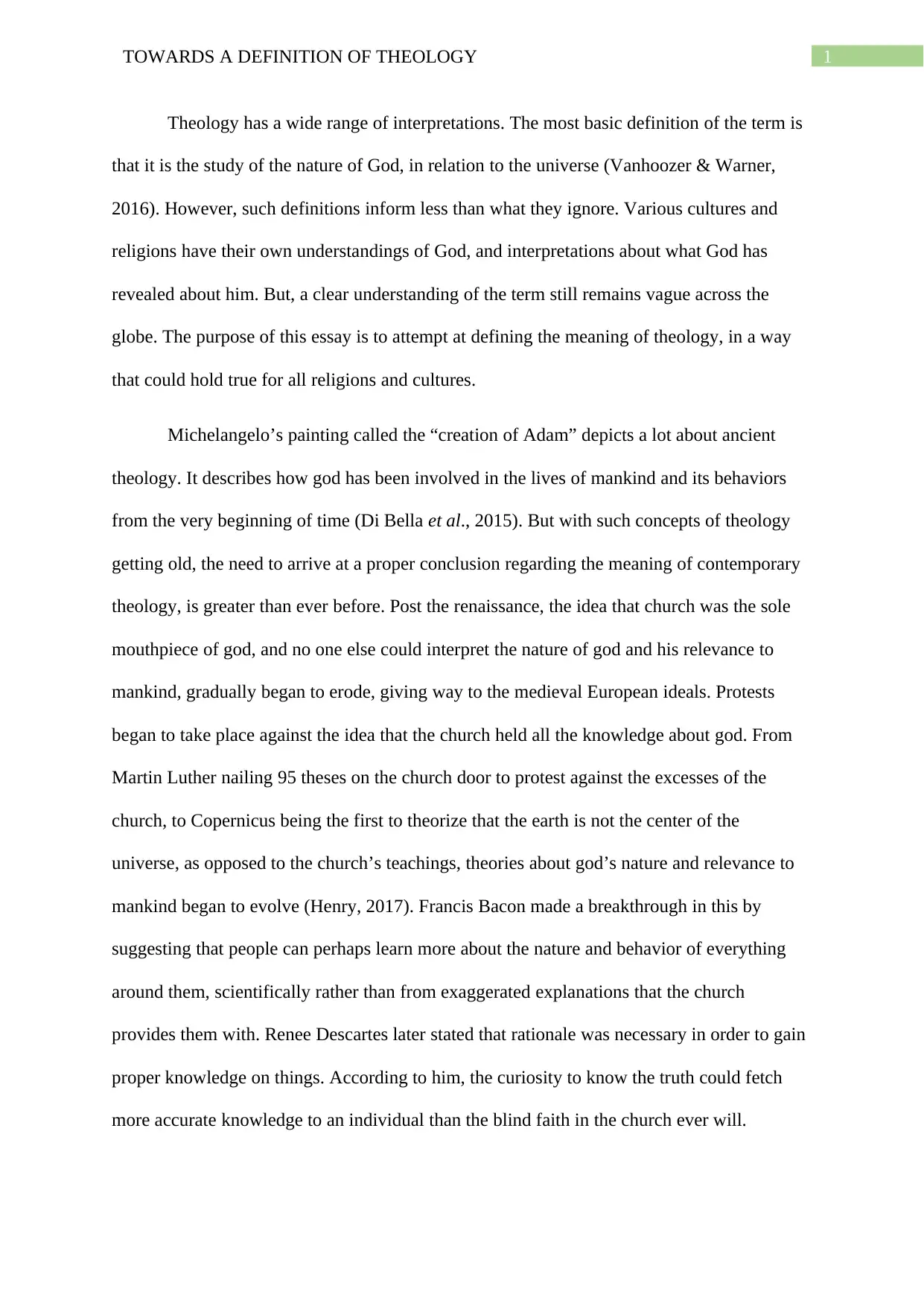
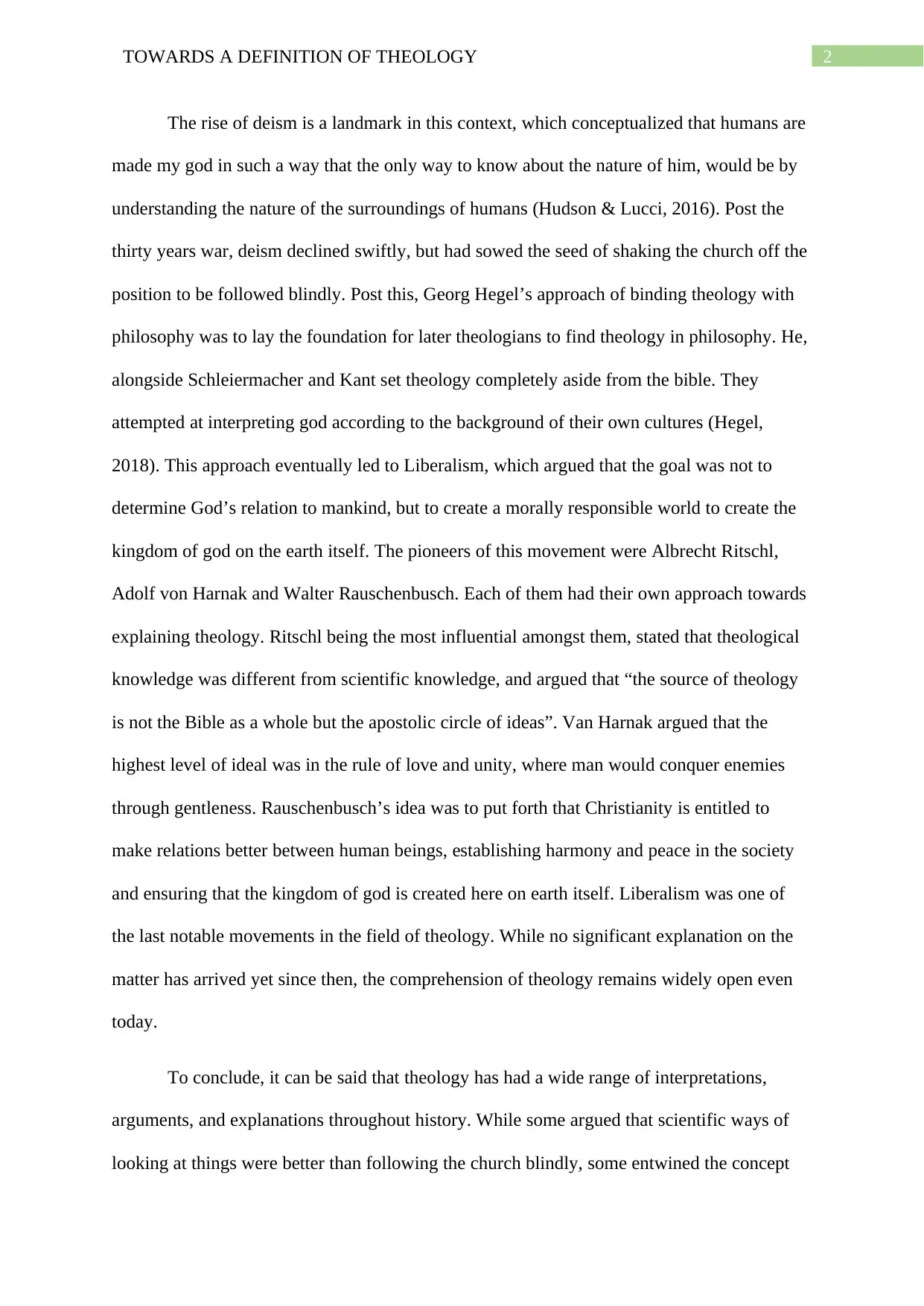

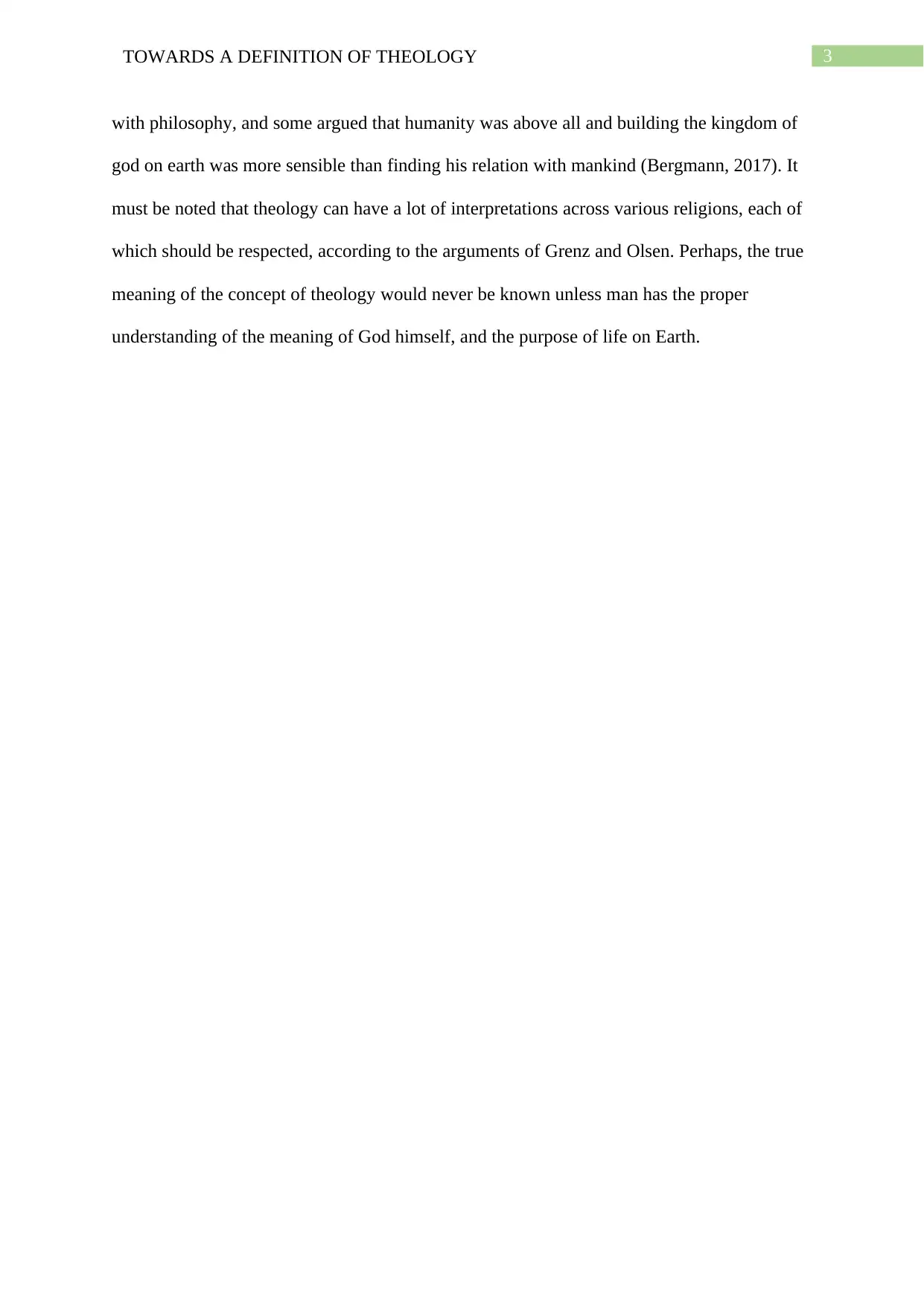
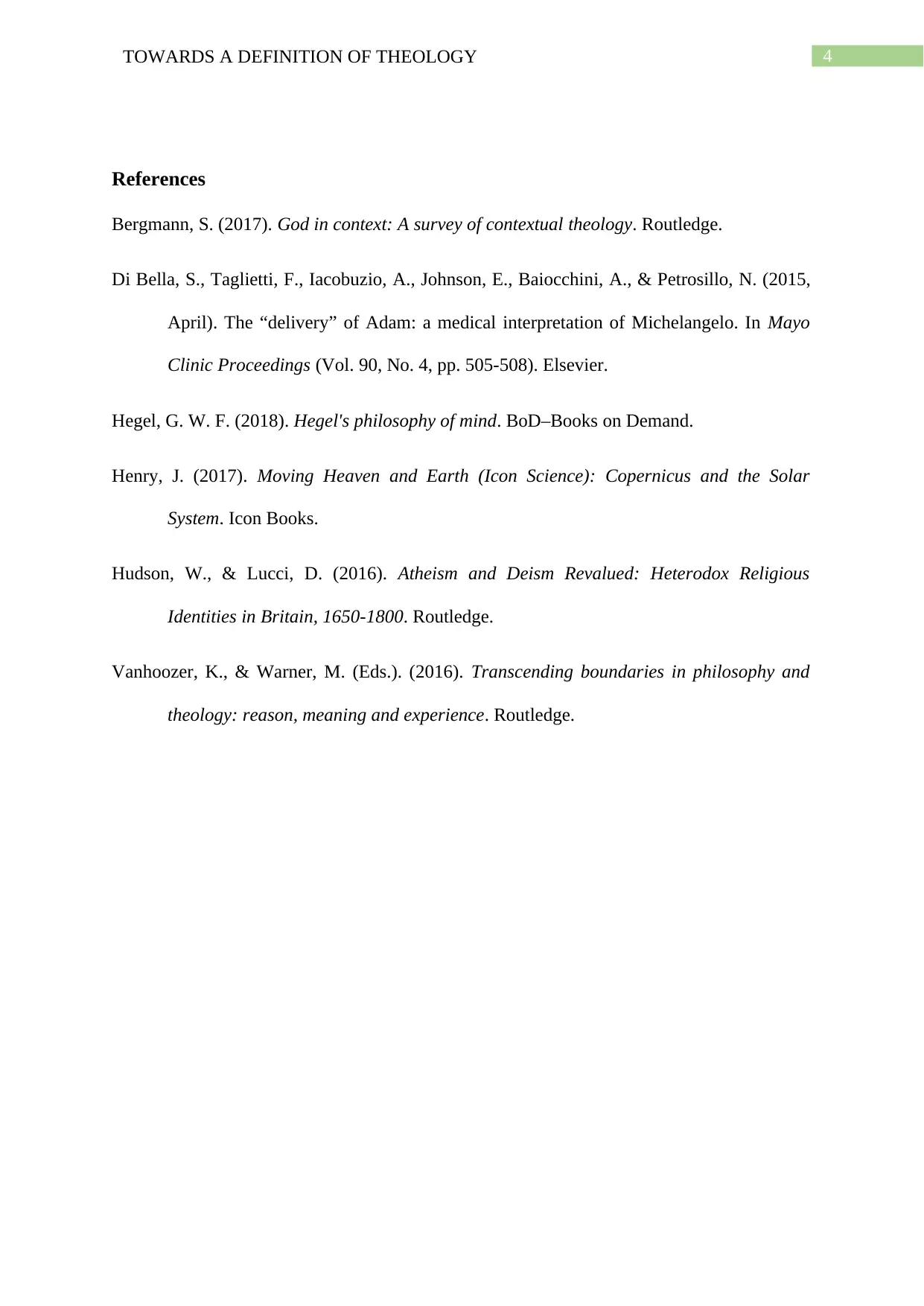
![[object Object]](/_next/static/media/star-bottom.7253800d.svg)